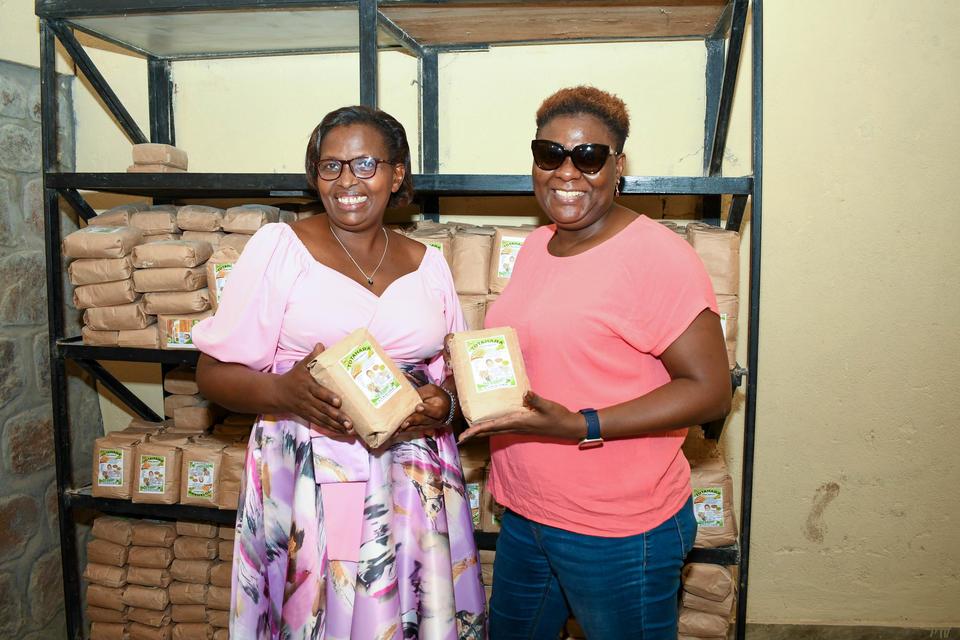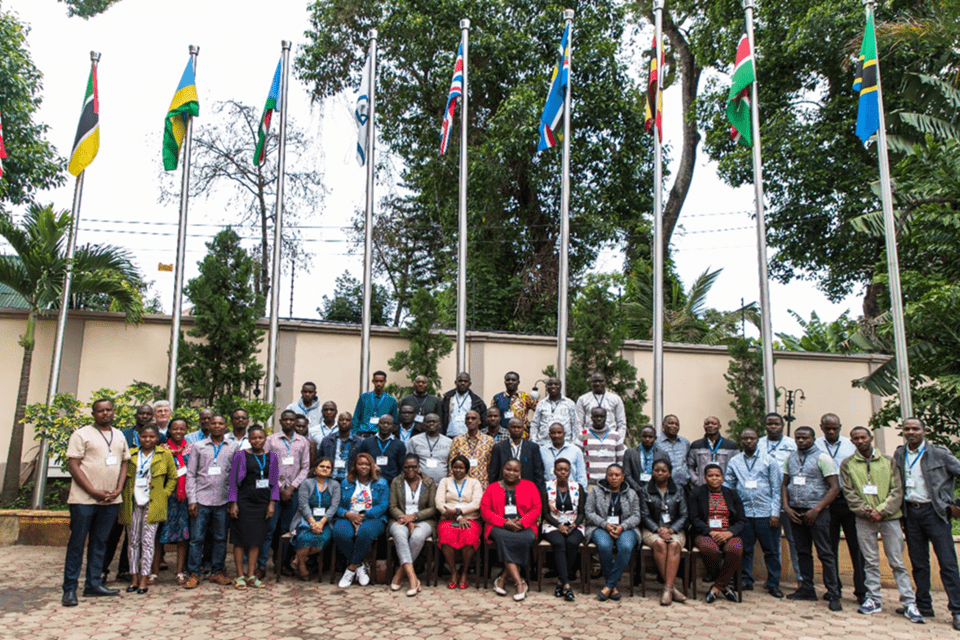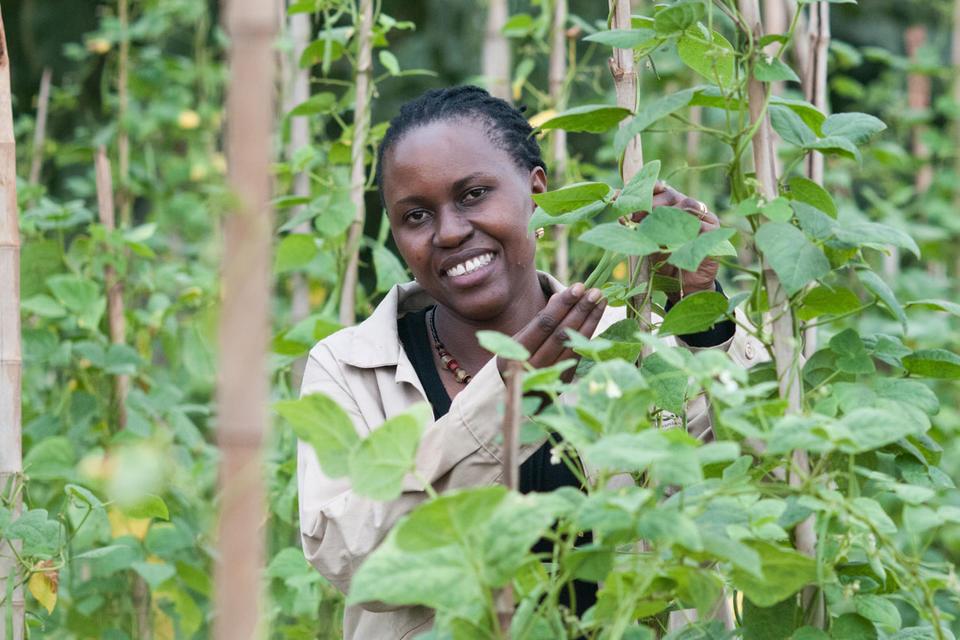Press and News A win for beans, a win for Africa
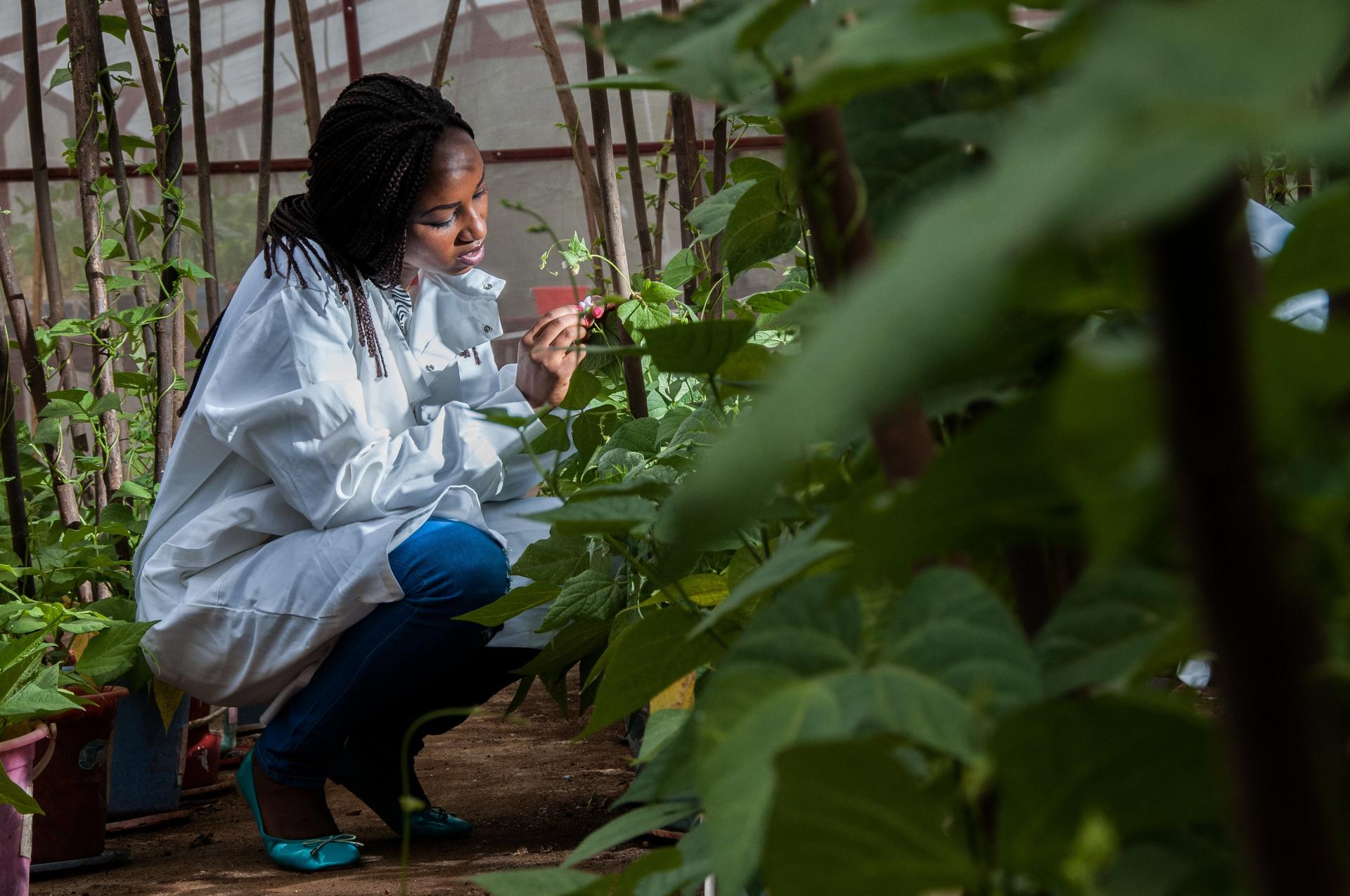
On Thursday September 7th at the 13th AGRF Africa Food Systems Summit in Dar es Salaam, Tanzania, the Pan-African Bean Research Alliance was announced as winner of the Africa Food Prize.
By: Georgina Smith
From rural mountain hillsides to bustling urban markets, beans are grown, traded and eaten as a staple food crop across Africa. They are a primary source of protein for almost half a billion people daily.
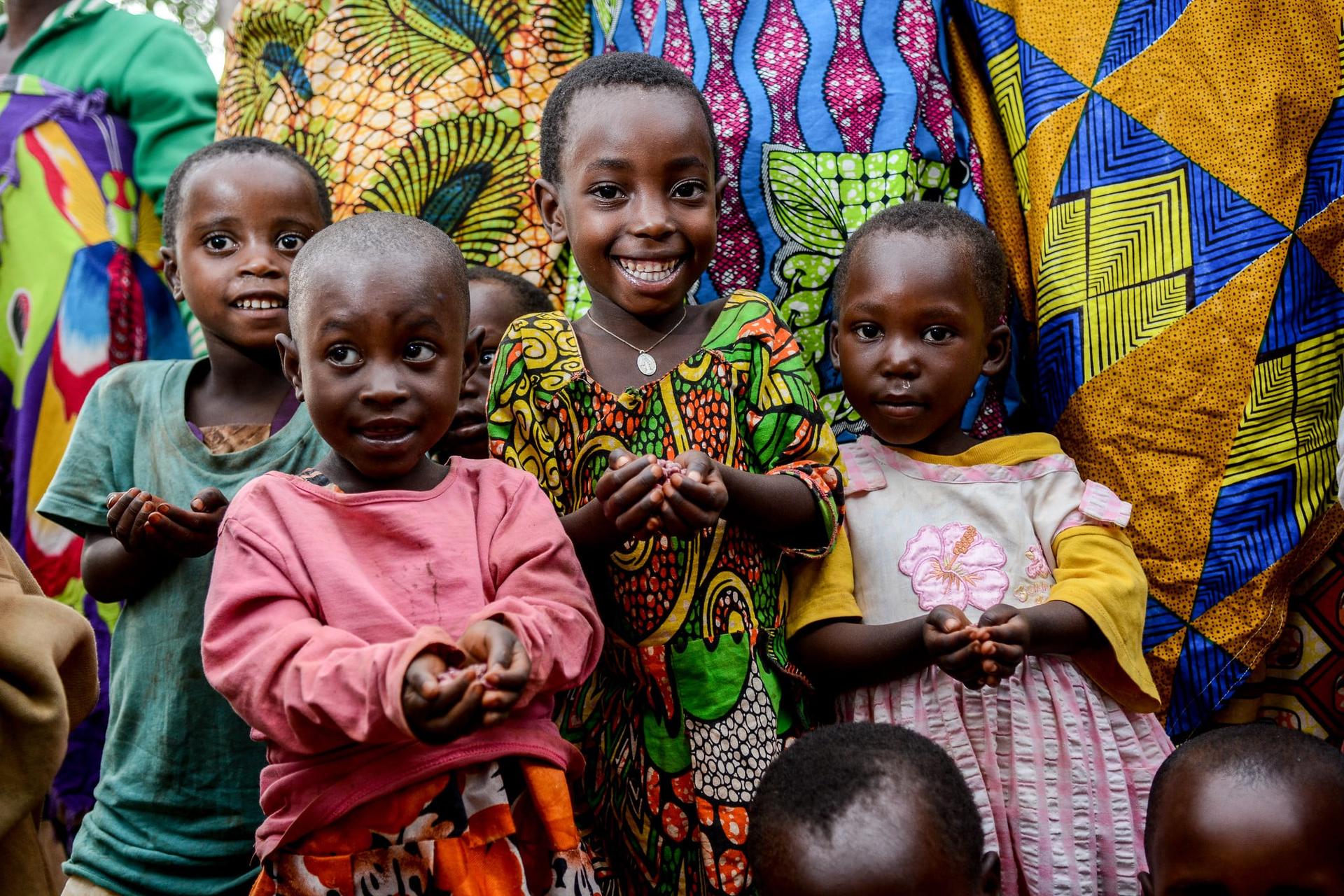
These tiny but mighty beans have different superpowers. Some are high in iron, others are resilient to disease or heat tolerant, or flood resistant. Others still are pest and disease tolerant, or early or late maturing, allowing farmers to harvest at a time that avoids dry spells, or bring them more income.
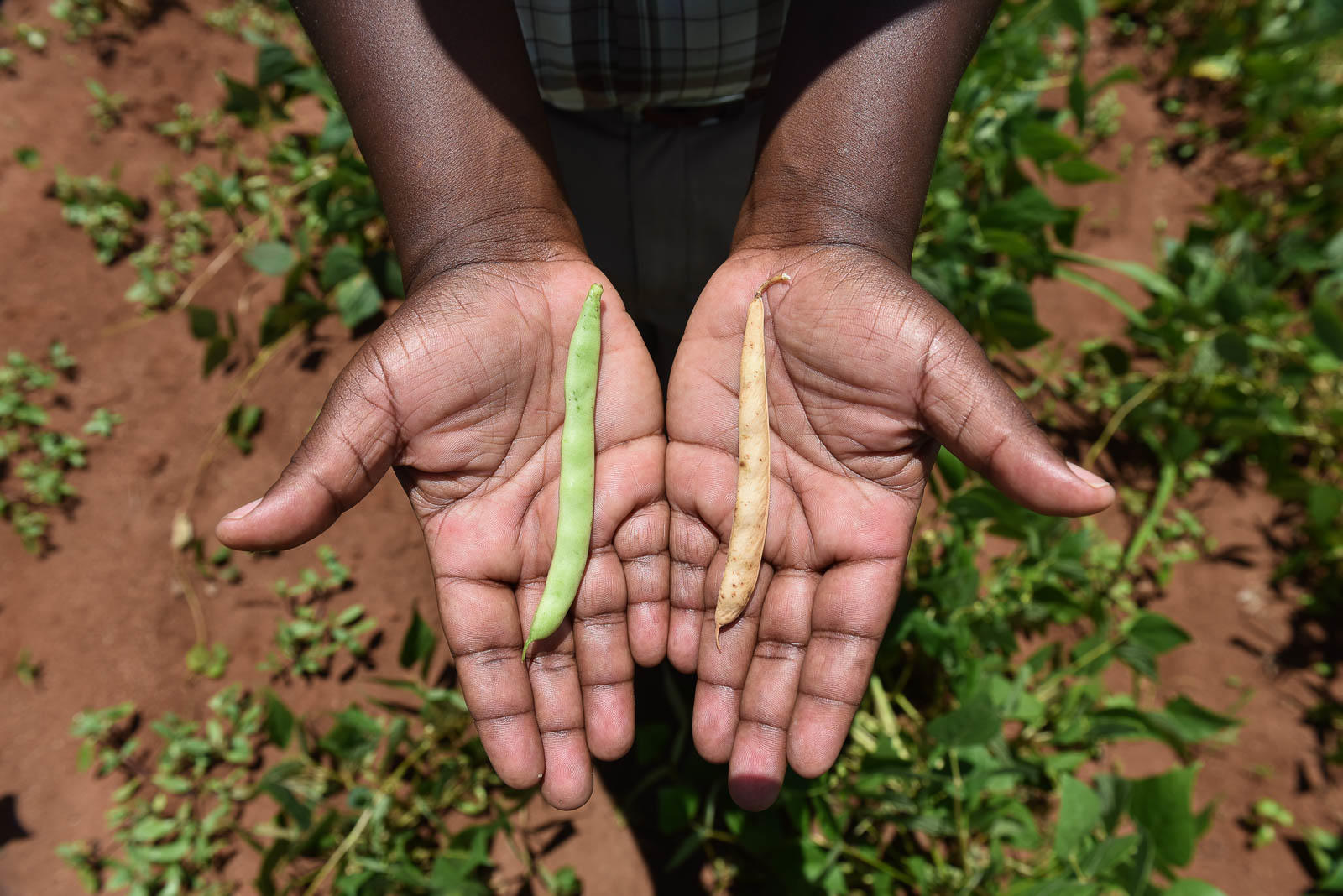
Despite being a remarkably hardy crop, beans need help to beat a multitude of new challenges. From climate-change induced drought and floods, to increasing pests and diseases, breeders have battled the elements to bring better beans to Africa.
The Alliance of Bioversity International and CIAT’s genebank in Colombia is home to the world’s largest collections of beans. It safeguards over 37,000 bean accessions from 110 countries around the world.
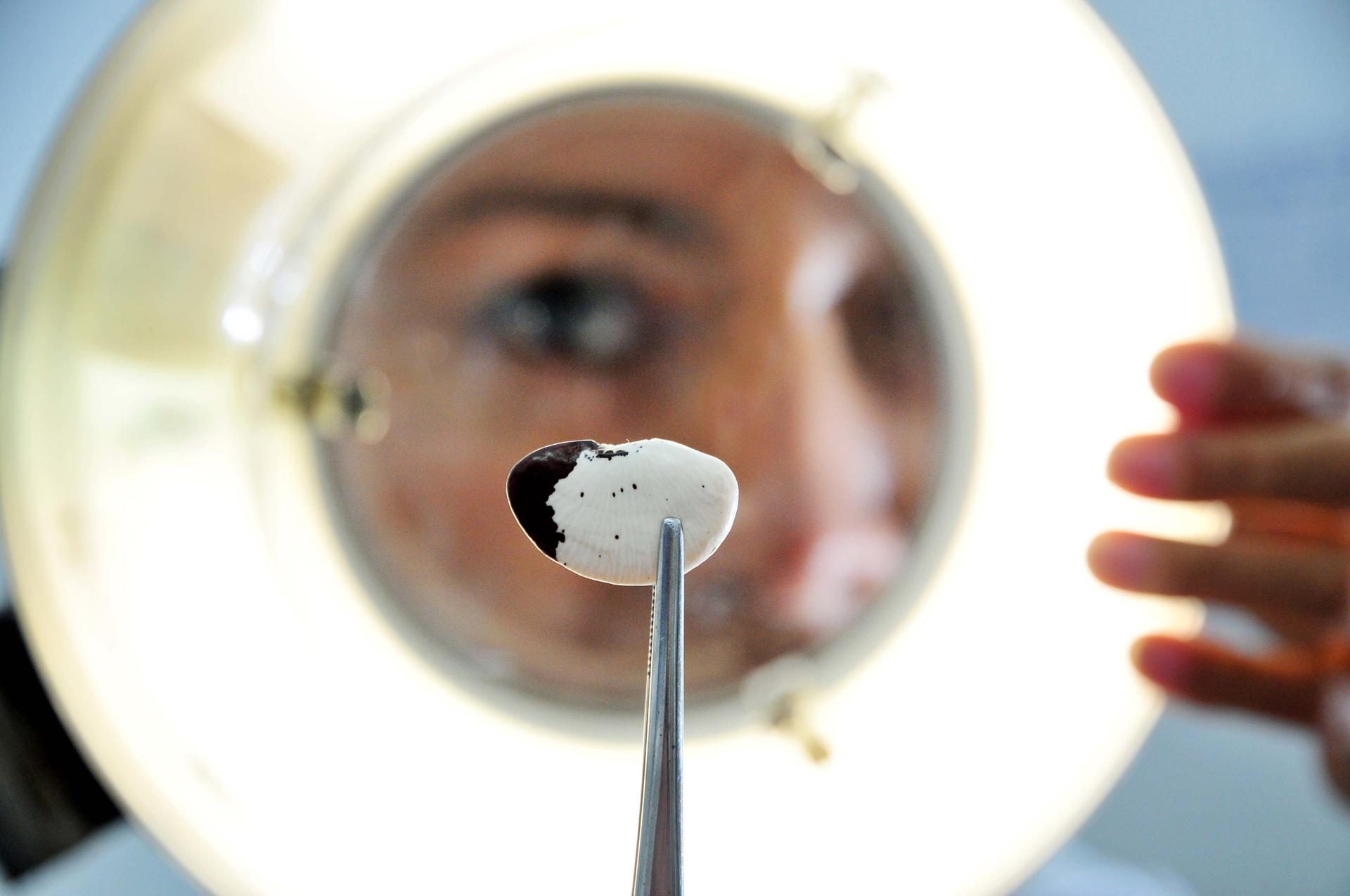
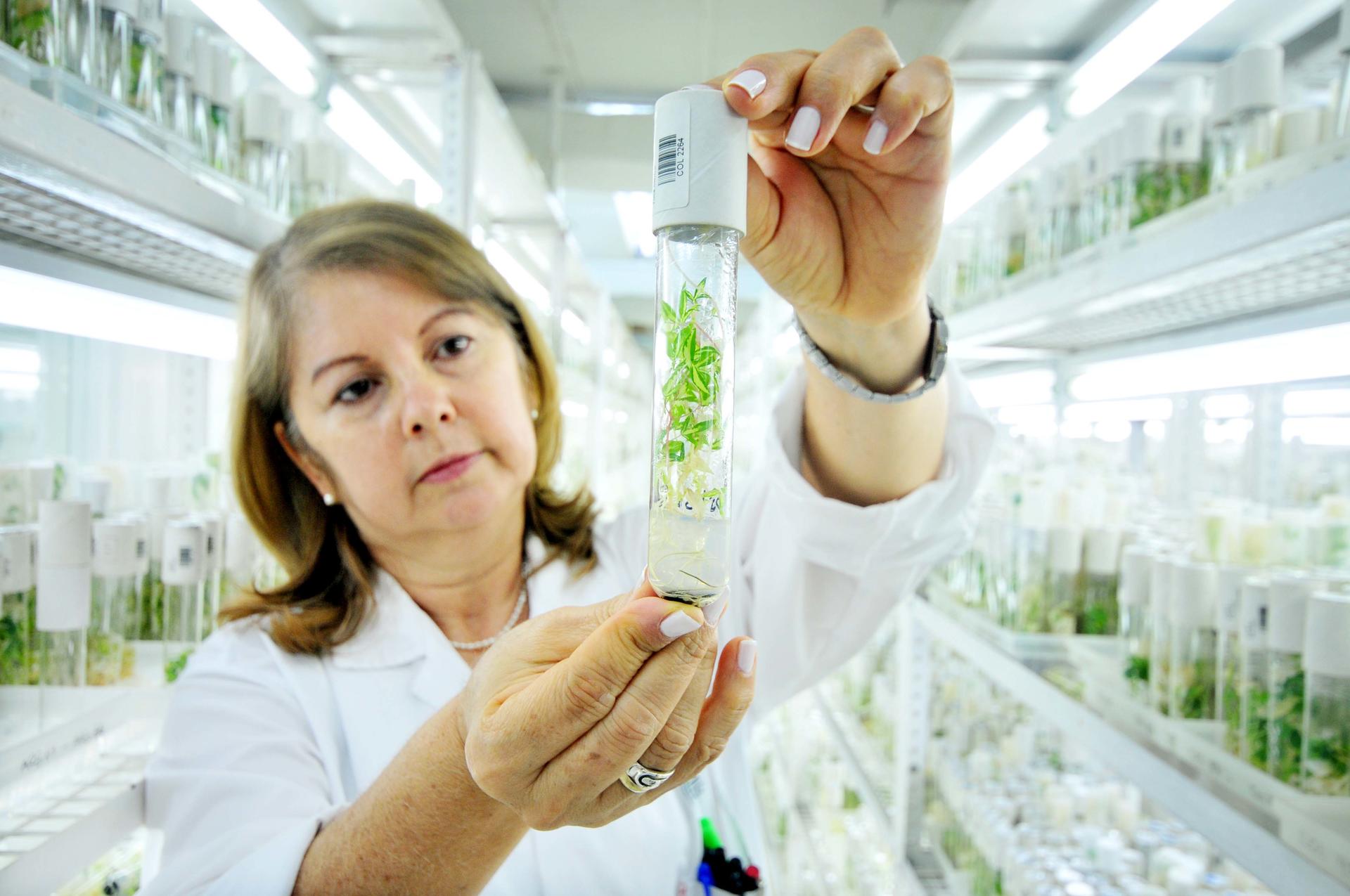
Scientists at the Pan-Africa Bean Research Alliance (PABRA) have unlocked their special traits. Through ground-breaking research efforts among a strong partnership which spreads across 31 countries in Africa, beans are being bred to tackle a multitude of issues.
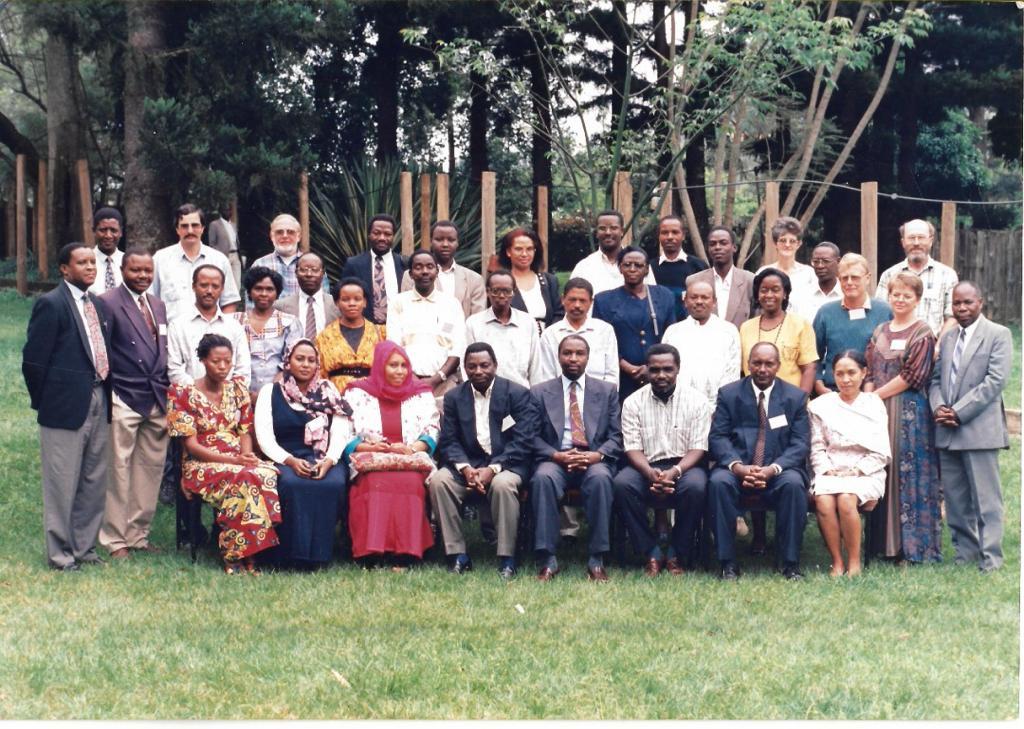
Breeding better beans for Africa
When PABRA researchers first met in 1996, they decided to focus on beans because it is a food security crop. But also, because it has enormous potential to add value. Through conventional breeding, iron-enriched beans can beat malnutrition; high-yielding varieties can help farmers boost their yields and profits.
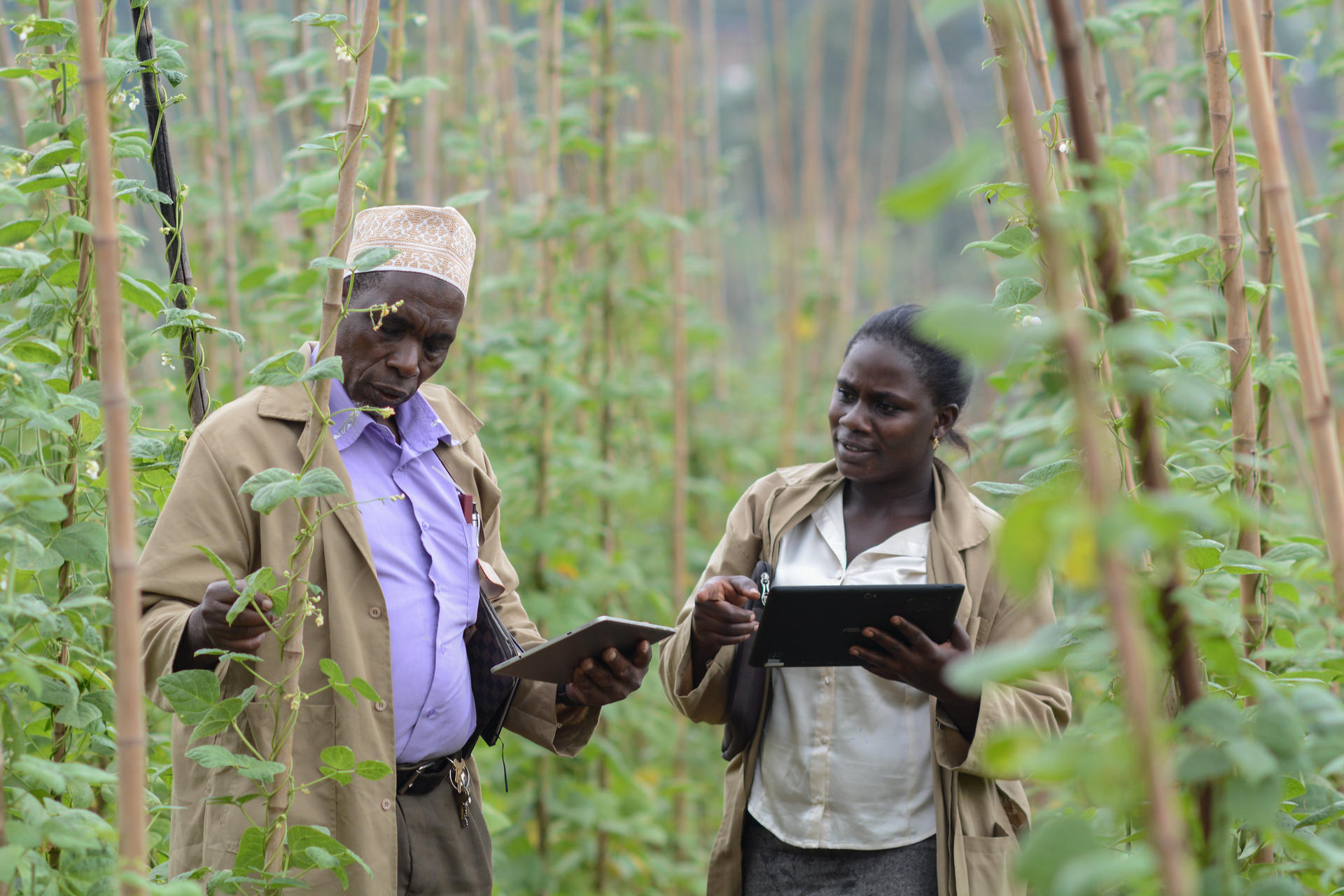
Today, new genebanks in Uganda and Rwanda safeguard a new generation of beans, that have been bred in Africa to beat important African challenges. South-South training has resulted in beans that can beat climate challenges, or nutritional deficiencies.
New, nutritious, tasty products are being pioneered and sold in the market to help women cut the time they spend in the kitchen. Women entrepreneurs are being supported to grow their businesses, bringing income and generating profits for their families and communities.
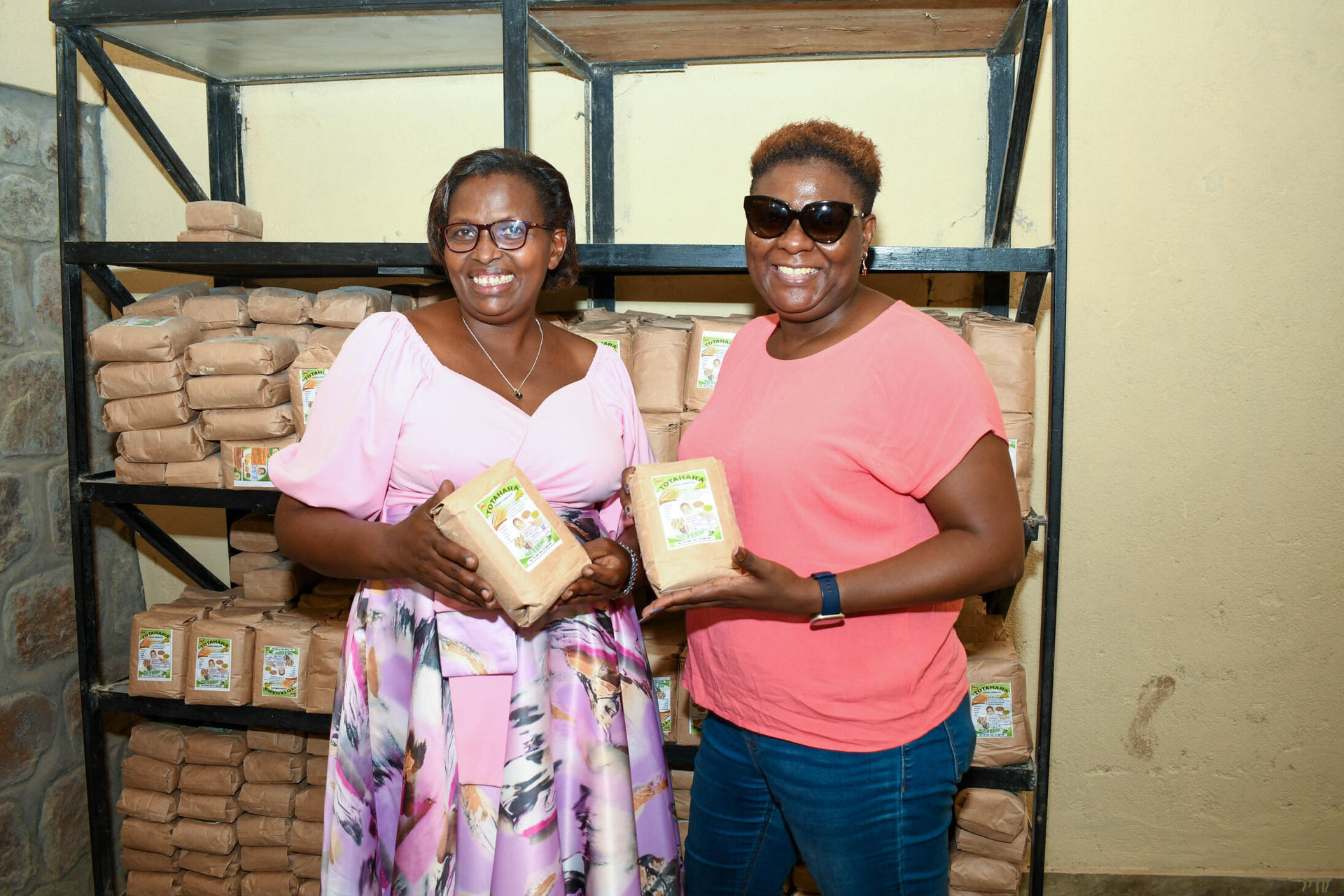
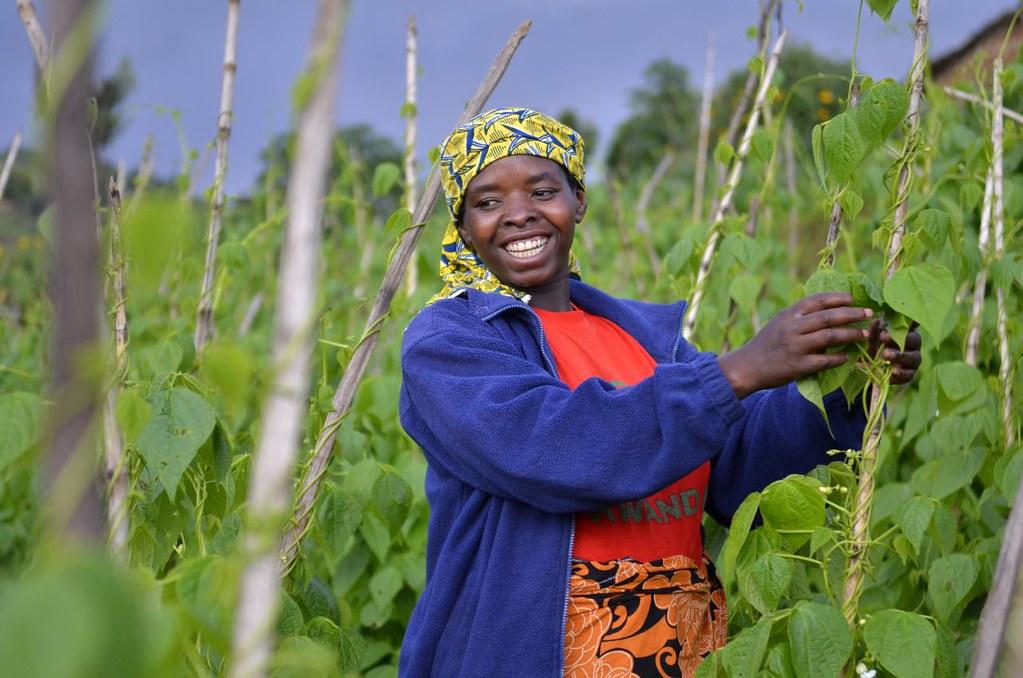
Across Africa, many farmers don’t realize that beans can be sold for twice the price. Or, that there are bean varieties that can help fight anaemia, or reverse iron deficiency in women and children; or fix nitrogen in the soil, improving soil fertility and farm productivity.
For decades, PABRA researchers and scientists have been spreading this message, channelling funding and resources to boost production across key trade routes or “bean corridors.”
Strengthening the value chain
From breeders and scientists to business owners, farmers and commercial traders, PABRA brings network members together across 31 countries. More than 650 better bean varieties have been released through this network between 2004 and 2022.
In Ethiopia, “baked beans,” or white pea beans, are in short supply, but also highly in demand globally as a commercial product. Together with the Ethiopian Institute of Agricultural Research (EIAR), higher-yielding “baked beans”, that were more resilient to local pests, diseases and drought, were bred and distributed to millions of farmers.
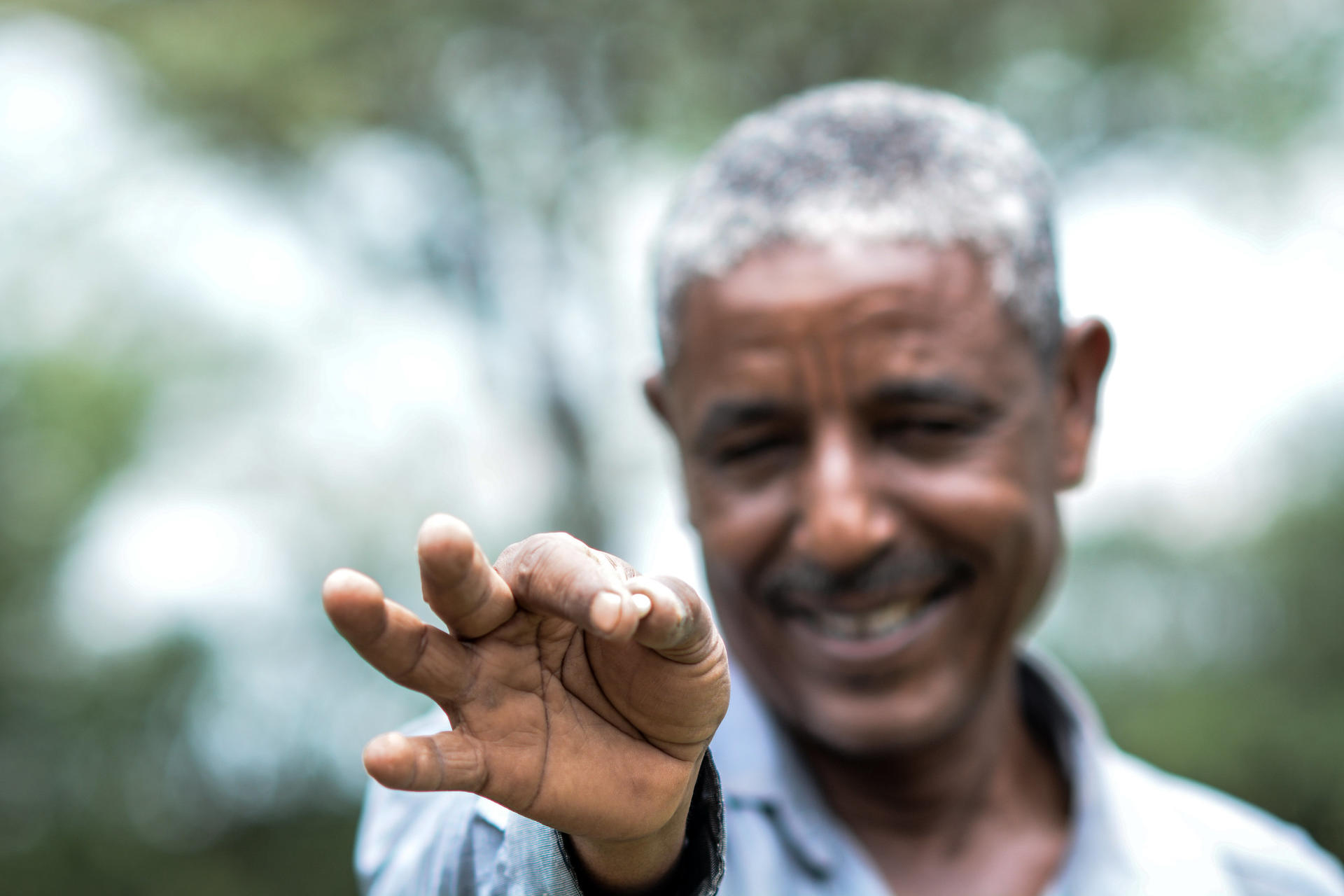
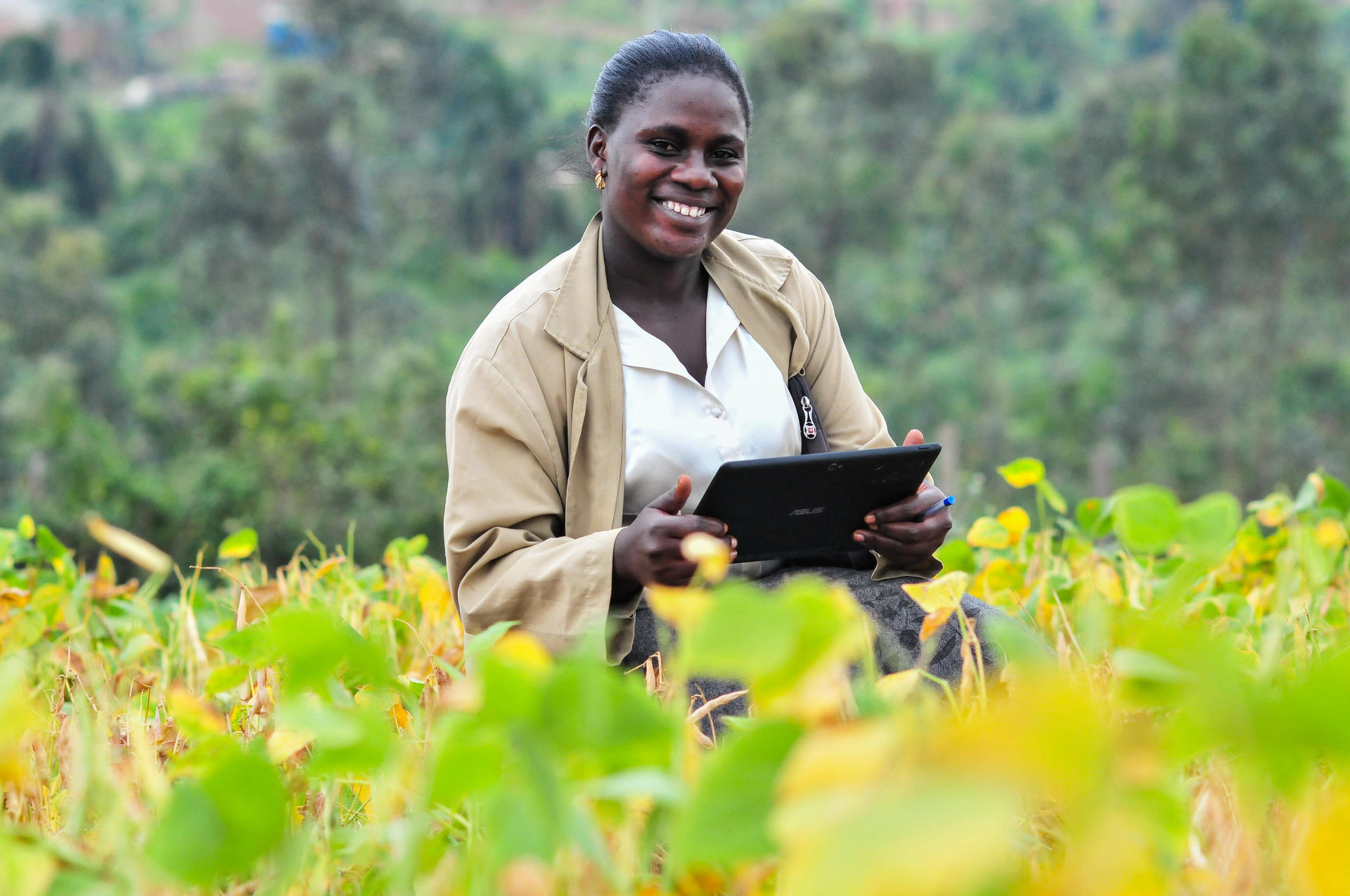
Between 2004 and 2016, the adoption of the white pea bean varieties jumped from less than 10 to 70 percent. Now more than 2 million small holders are growing white pea beans, known as “white gold,” had yields have quadrupled from 0.75 tons of beans per hectare, now they are harvesting 1.6 tons per hectare. Export volume has increased 15-fold, from US$8 million to US$120 million.
In Rwanda, population increase and steep mountain slopes limit the space available where farmers in Rwanda can grow produce. Together with the Rwanda Agriculture Board (RAB), climbing beans have been bred to allow farmers to grow more beans in less space, because they are grown vertically. Households growing improved varieties bred in Rwanda and Uganda, have more than doubled yields.
Meet the Team

Jean Claude Rubyogo
Lead, Global Bean Program and Director, Pan Africa Bean Research Alliance (PABRA)Milan Urban
Bean Physiology LeadGloria Mosquera
Plant Pathologist and Project Leader
Mukankusi Clare Tekla Mugisha
Global Breeding Lead-Common Bean
Nchanji Eileen Bogweh
Gender and Social Inclusion Expert
Jennifer Wilker
Lead Bean Breeder, Latin America
Juan David Lobatón
Lead Molecular Geneticist
Teshale A. Mamo
Bean Breeder, Country Representative for TanzaniaFast-tracking success
PABRA has fast tracked breeding by 12 years unlocking bean business opportunities for entrepreneurs and traders, and doubling yields among farmers across the continent between 2003 and 2020.
Today, more than 37 million smallholder farmers, more than half of them women have access to new, climate-resilient beans that meet local demands, provide nutrition, boost yields and profits and meet local demand.
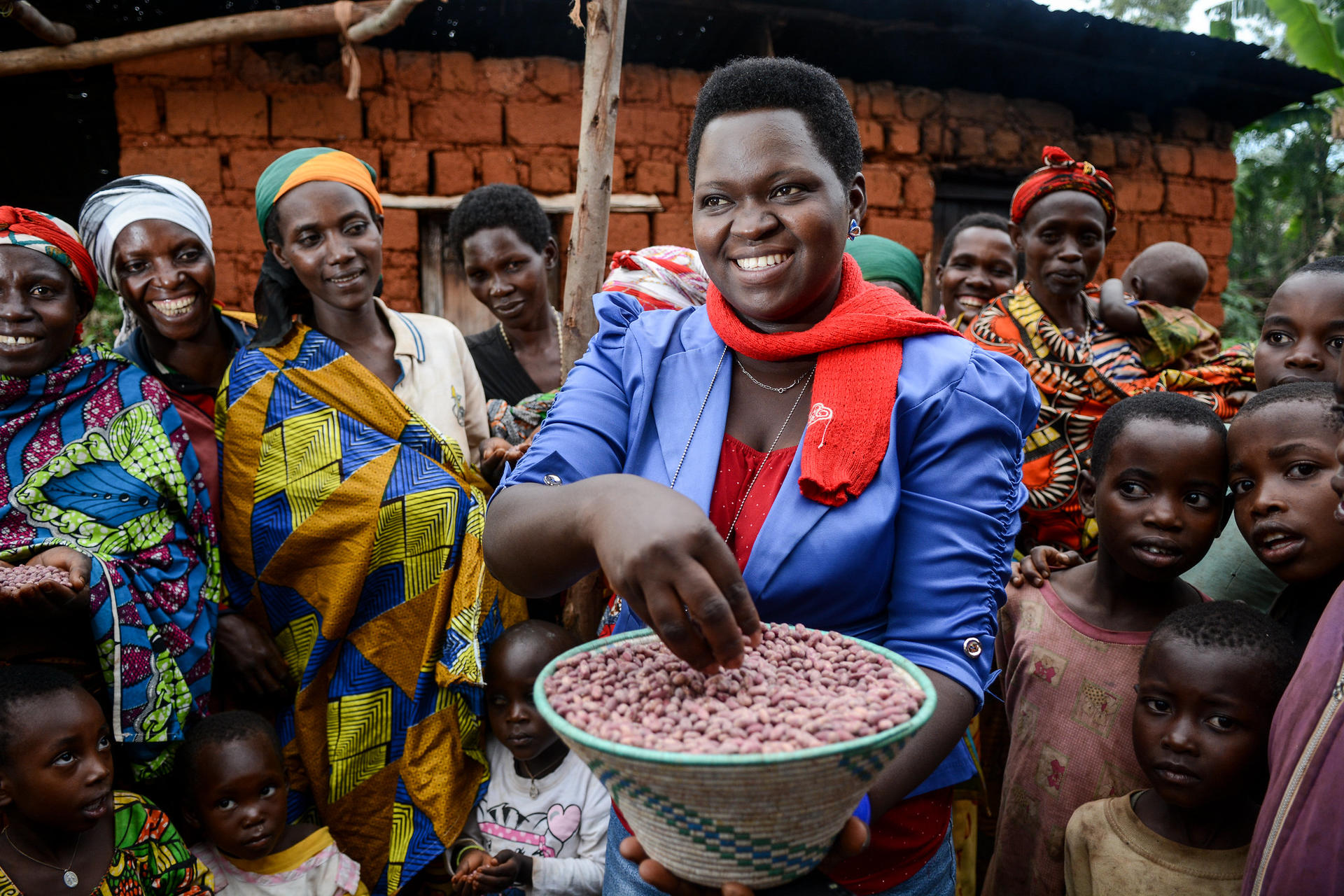
Photographs © Neil Palmer, Georgina Smith, Owen Kimani / Alliance of Bioversity International and CIAT.
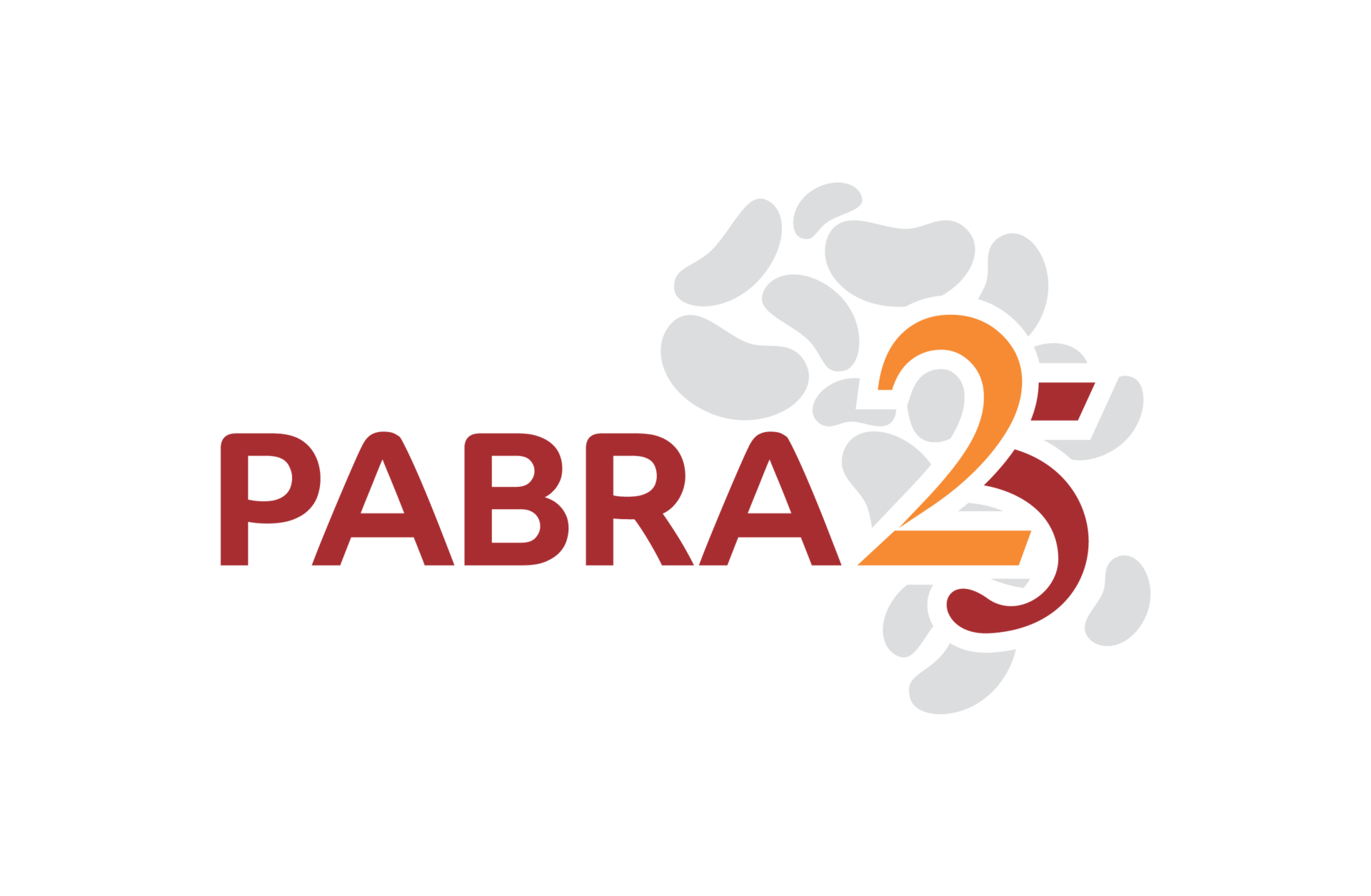
The Pan Africa Bean Research Alliance (PABRA) is coordinated by the Alliance of Bioversity International and CIAT, with over 550 international and regional partners.

